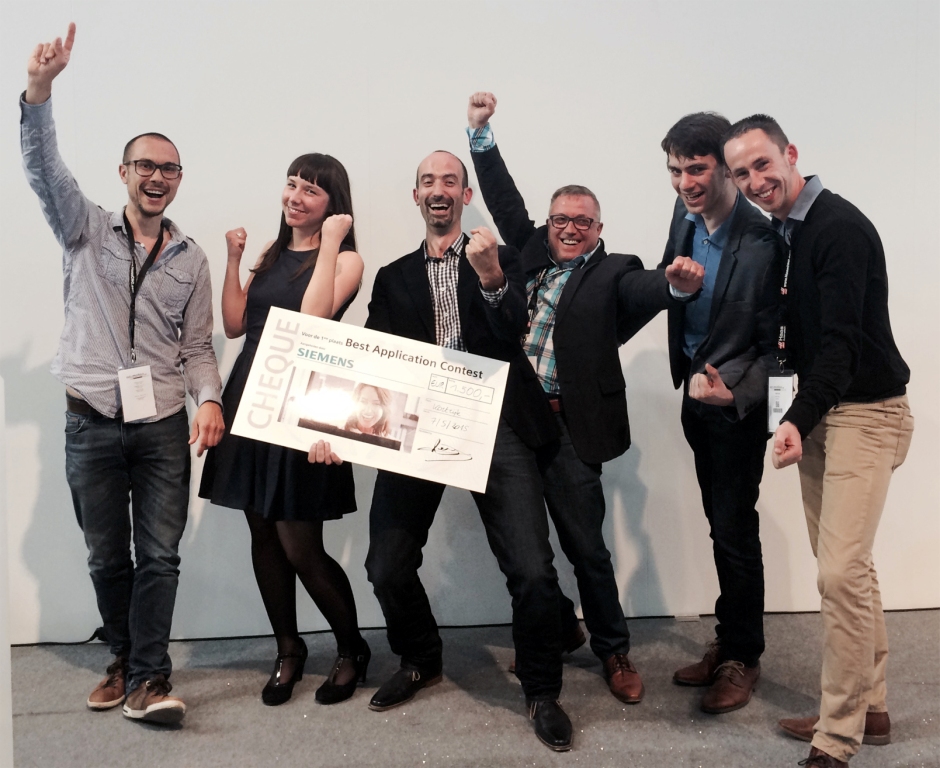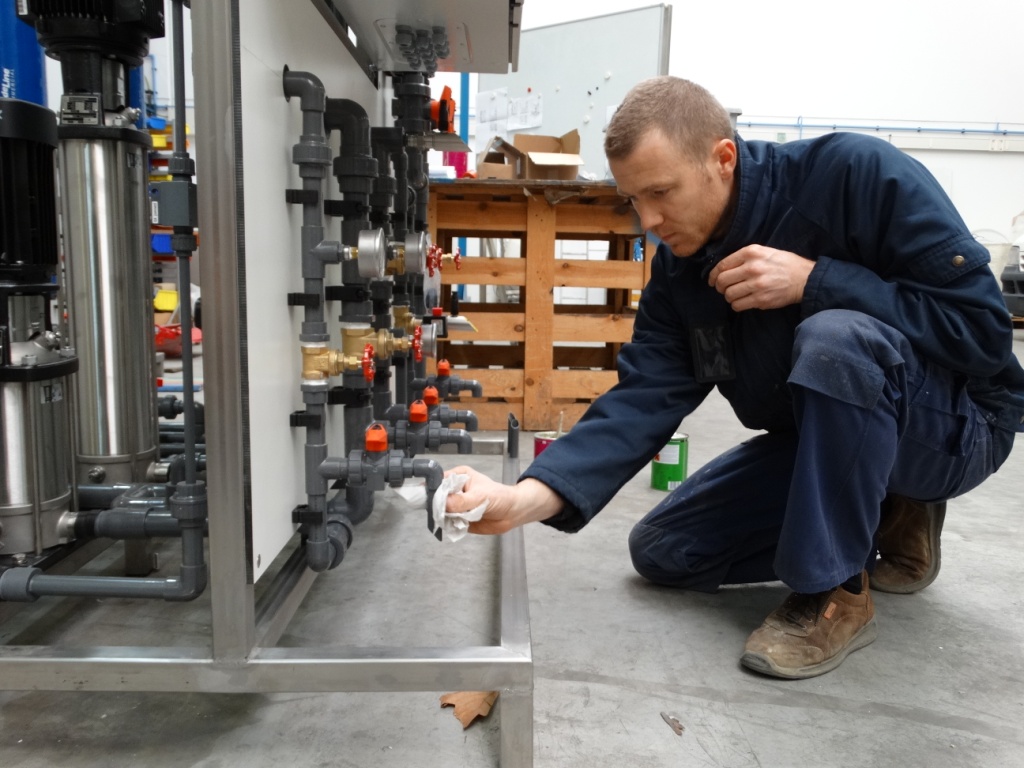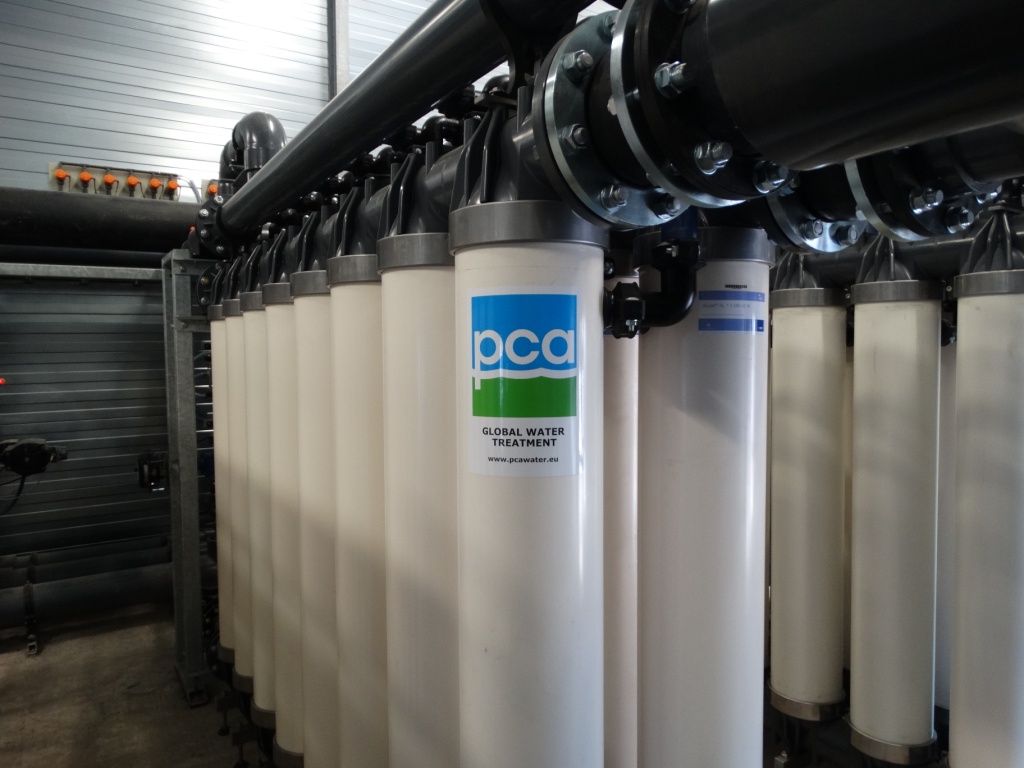The road to alternative water sources with PCA
The road to alternative water sources with PCA
Alternative water sources
From an ecological point of view, the Belgian government is increasingly discouraging the pumping of groundwater. This is mainly the case when using large quantities, such as industry and vegetable processing. A first step to address this is to restrict water consumption in production. However, this is only part of the solution.
Citrique Belge was one of many companies that had to deal with this issue. The Citric Acid Manufacturer used 100% groundwater in its production process, mainly for two applications. On the one hand, it served as cooling water that doesn’t come into contact with the final product. On the other, it served as process water that does come into contact with the final product.
In 2008, Citrique Belge started using water from the nearby river to replace the cooling water with surface water. “The quality requirements for this cooling water are relatively limited. A pre-filtration of 100µm is sufficient”, says engineer Paul Hendrickx, project manager at Citrique Belge. This installation has been operational since 2009 and already resulted in large groundwater savings.
However, the company sill pumped 1.3 million m3 of groundwater each year to use as process water. In 2012, the idea to also replace this water with surface water became more and more specific. “This water had to meet much higher quality standards. We were therefore required to conduct thorough studies to make sure the new installation would meet these demands”, Paul Hendrickx continues.
The water supply from the new water treatment installation is directly derived from the nearby river. During a long period of drought, it is possible that the current of the river is too low to provide the installation with sufficient water of an acceptable quality. In this case, groundwater must be temporarily pumped.
Pilot tests for optimal quality
To ensure that the water meets the necessary requirements, PCA –a specialist in turnkey water treatment installations – built a full-scale pilot installation at a rate of 250 l/h. PCA was not only responsible for the delivery and startup of the installation, but also for the follow-up tests over a period of three months. “During these tests, it was especially important to measure whether the installation delivered a stable quality of process water”, says Robby Knaepen, project engineer at PCA. In addition, we wanted to check if the installation was reliable and whether the full-scale installation would be able to work 24h/24 and 7d/7.
The test period delivered positive results. “A combination of ultrafiltration, activated carbon and UV ensures a good quality of process water. Thanks to our expertise, we know how often the membranes should be flushed and how we can continue to guarantee the optimum condition of the installation”, Robby Knaepen continues. After detailing, PCA started to build the actual installation on the Citrique Belge site in Tienen. For some time now, the plant purifies the surface water at a continuous flow rate of 150 m3/h, 24 hours a day, 7 days a week.
Fully autonomous operation
PCA also delivered the automation of the plant. The Process Control & Automation unit focused on the control of the installation. Robby Knaepen: “the installation works completely autonomous and only requires limited manual follow-up. The entire system is automated: all pumps are frequency controlled, the valves switch automatically and the dosages are controlled according to the flow rate”. For the follow-up of the installation, PCA’s automation department provided a local thouchscreen. In addition, the installation can also be monitored remotely via internet and from Citrique Belge’s central control room.
Since the completion of the water treatment installation, Citrique Belge receives assistance from PCA in the follow-up of the results. All the key parameters, including pressure differences, flow rates and turbidity, are frequently logged. Both PCA and Citrique Belge can consult this remote logging at any time. In addition, PCA provides a monitoring visit to the company and a daily follow-up of the process parameters. “As PCA has delivered the installation as a turnkey project, we are the most suitable partner to support its further follow-up. In this project, we were given the opportunity to demonstrate our versatility: starting off with pilot tests, engineering, 3D drawings, assembly, cabling, automation, startup and follow-up. We posses all these assets within our company. PCA is therefore well placed to carry out projects from A to Z”, project engineer Robby Knaepen concludes.
Ecological and economic progress
“Thanks to this investment, Citrique Belge has now become virtually independent of groundwater”, Project manager Paul Hendrickx from Citrique Belge summarizes. “In addition, we do not only save groundwater to become more ecological. The installation is also interesting from a financial point of view.”



